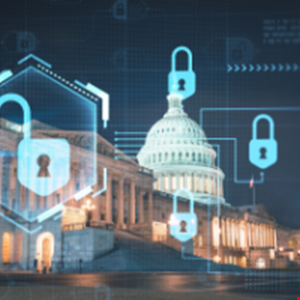- Apple's 'The Illusion of Thinking' is shocking - but here's what it missed
- Multicloud explained: Why it pays to diversify your cloud strategy
- Brits Lose £106m to Romance Fraud in a Year
- Why the Google Pixel Tablet is still my smart home display after a year (and it's on sale)
- Finally, a 16-inch Windows laptop I wouldn't mind putting my MacBook Pro away for
US RESTRICT Act Gains Supports, Empowers Biden to Ban Foreign Tech

The White House and a bipartisan group of 12 senators have endorsed the Risk Information and Communications Technology (RESTRICT) Act on Tuesday.
The legislation is designed to empower the US administration to potentially ban foreign producers of electronics or software deemed a national security risk by the Commerce Department and its current head, Gina Raimondo.
“We look forward to continuing working with both Democrats and Republicans on this bill and urge Congress to act quickly to send it to the President’s desk,” commented President Joe Biden’s national security adviser, Jake Sullivan, in a statement published by the White House.
Technically speaking, the RESTRICT Act is less prescriptive when compared to other proposed bills that suggest outright banning transactions by certain social media companies or forbidding the nationwide use of TikTok.
Instead, the new legislation would act as a general framework to enable the US administration to review foreign technologies coming into the US on an individual basis.
“Instead of playing whack-a-mole on Huawei one day, ZTE the next, Kaspersky, TikTok — we need a more comprehensive approach to evaluating and mitigating the threats posed by these foreign technologies from these adversarial nations,” Sullivan explained.
According to Matthew Marsden, vice president at Tanium, the RESTRICT Act may effectively limit the collection of data, particularly from China-based companies.
“We have seen concerns increase in the West in recent months, with the use of Chinese surveillance technology being restricted,” Marsden said. “There have also been numerous reports of Chinese efforts to sway politicians by way of lobbying and donations, and the public via social media and the spread of disinformation.”
A case in point, the push for the RESTRICT Act comes days after the White House gave federal agencies a final deadline to remove TikTok from all government-issued devices.
The US is not the only country following this line of action. More information about recent government TikTok bans is available in this recent analysis by Infosecurity deputy editor, James Coker.

